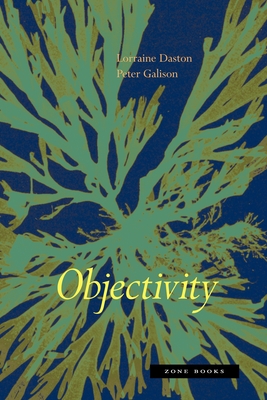Ideas (CBC)

The Max Planck Institute for the History of Science occupies an elegant and airy new building in a leafy suburb of Berlin. It houses approximately a hundred scholars whose research extends from medieval cosmology to the role of experiment in 19th century German gardening to the ways in which medical technology has reshaped the contemporary boundary between life and death. The director is American Lorraine Daston.
David Cayley interviewed her recently in her office at the institute, and told him that there was a time when she would not even have dreamed of a hundred historians of science under one roof. When she was a graduate student at Harvard in the 70's, she says, the history of science was more a collection of strays from other disciplines than it was a discipline in itself. But a crucial challenge had been issued. In 1962 philosopher/historian Thomas Kuhn had published The Structure of Scientific Revolutions, the book that suddenly put the previously unusual word paradigm on everybody's lips. Kuhn rejected the assumption of a continuous linear progress in science. And thereby, Lorraine Daston says, he framed the question with which her generation grew up, how to write the history of science as something other than a triumphant progress to a foregone conclusion.
To Listen to the Episode

No comments:
Post a Comment